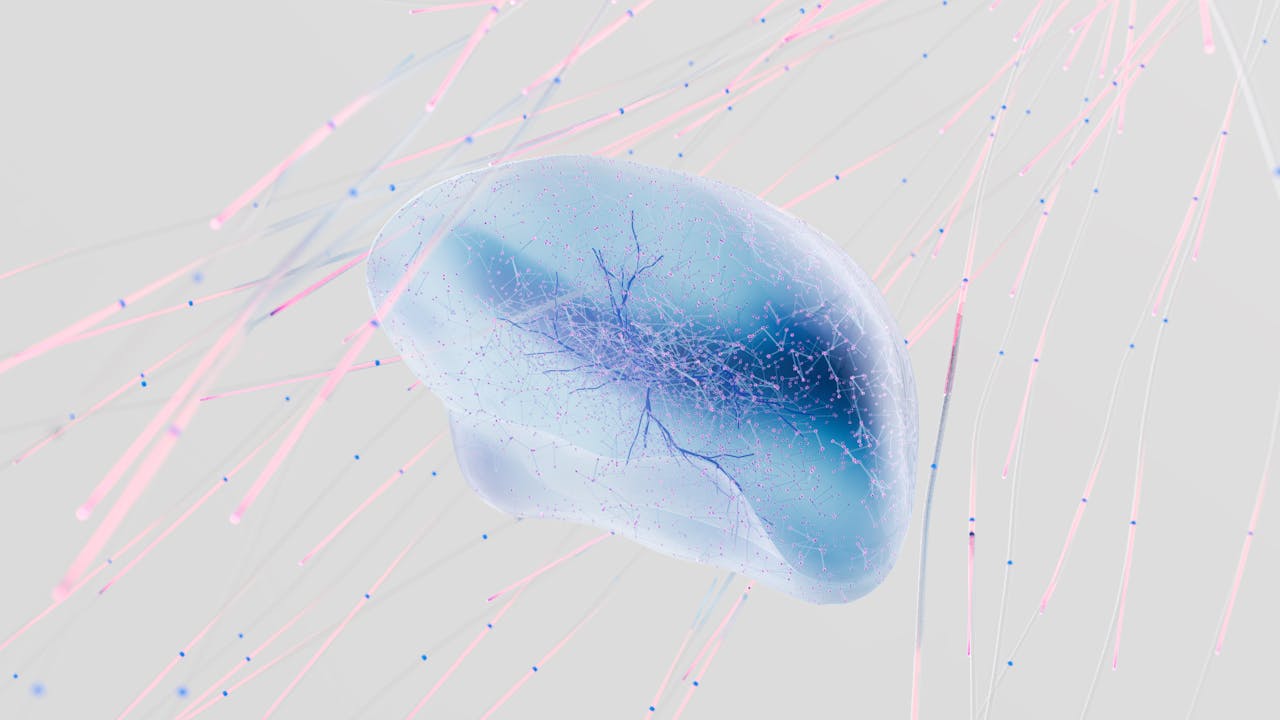Mental Health
Children's Actions Based On Other's Reputations
Even five-year-olds understand the concept of reputation. A new study reveals that children are significantly more likely to be kind to peers who demonstrate helpfulness.
Five-to-six-year old children are more likely to be altruistic towards peers after observing them interacting with other children in positive ways.
Researchers from Osaka University in Japan said that the findings suggest that children establish a sense of their peers' "reputation" early in life.
For the study, researchers observed kindergarteners' day-to-day behavior and found that bystanders in a playground were significantly more likely to share an object or help a child whom they had seen being helpful to another child.
The study also found that children were more likely to act in pro-social ways when they see their peers doing so. What's more researchers found that looking at another child's pro-social behavior also triggered positive emotions towards that child in bystanders.
Researchers explain that cooperating with someone based on their reputation is very important to the success of cooperative societies. While pro-social behavior won't always be reciprocated, it increases a person's chances of being helped by others in the network.
Researchers say the findings show children's behavioral tendency toward such social indirect reciprocity. They say that the study suggests that this may be mediated by the boost in positive emotions when seeing other performing helpful actions.









Join the Conversation